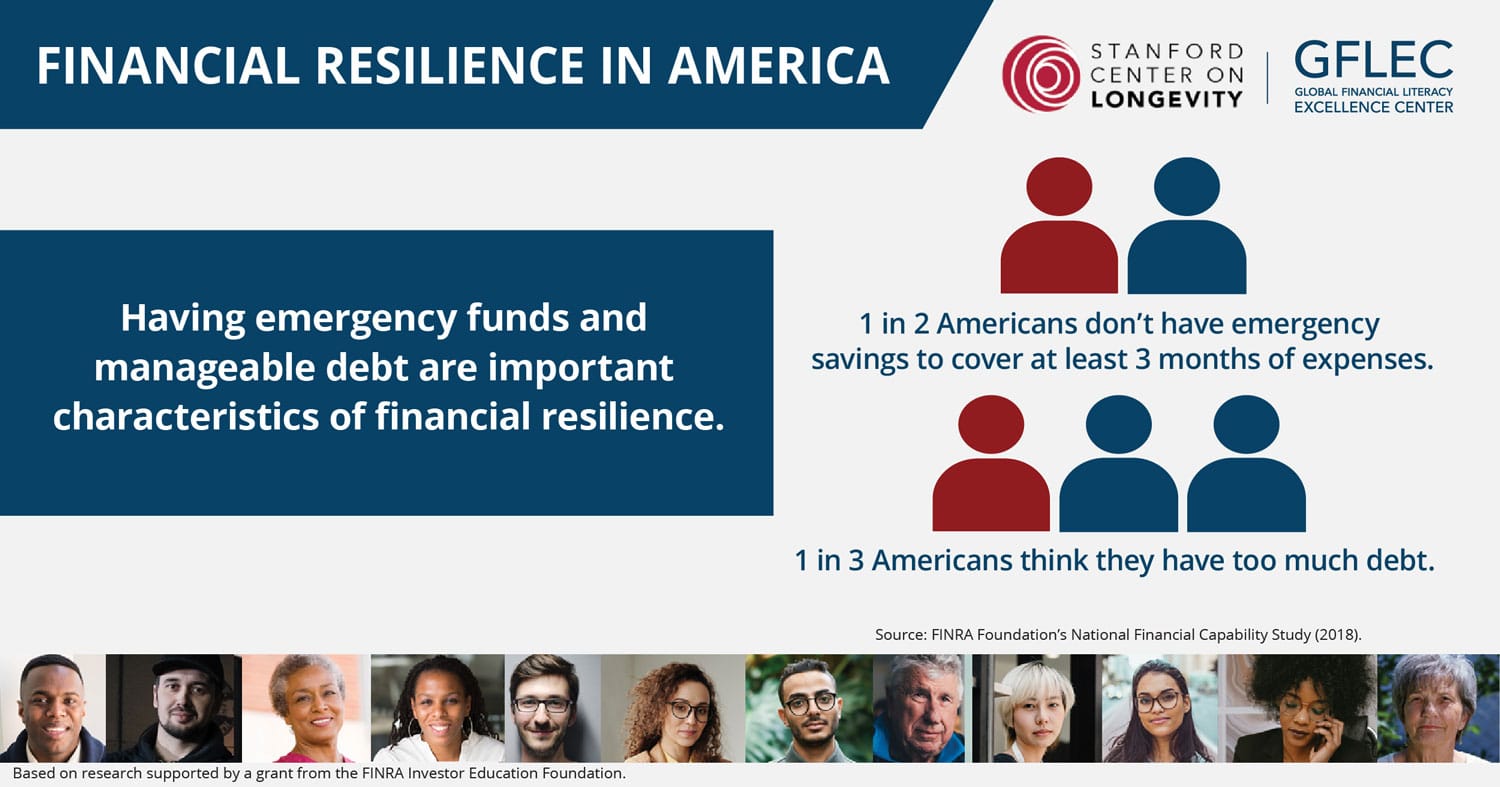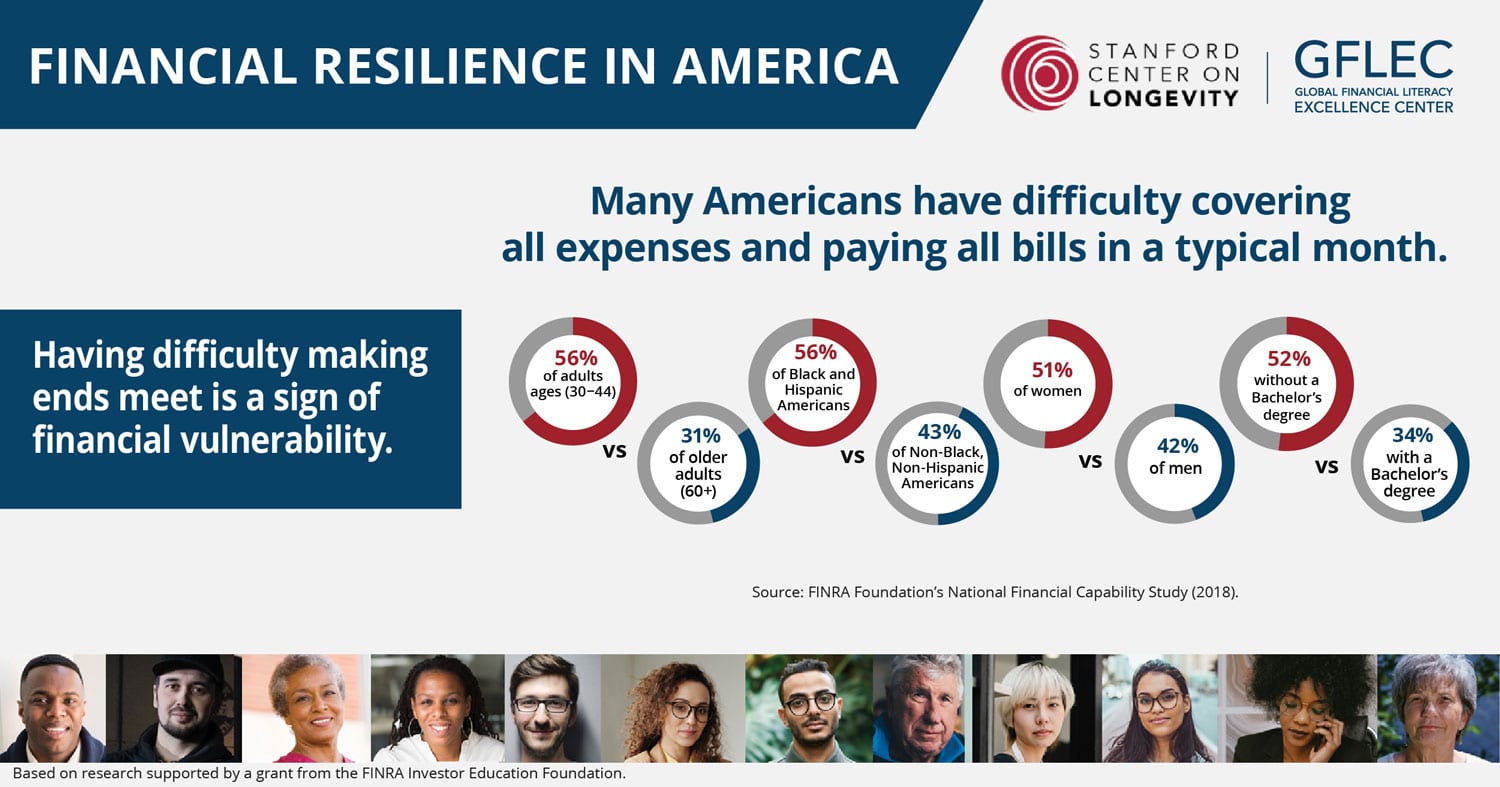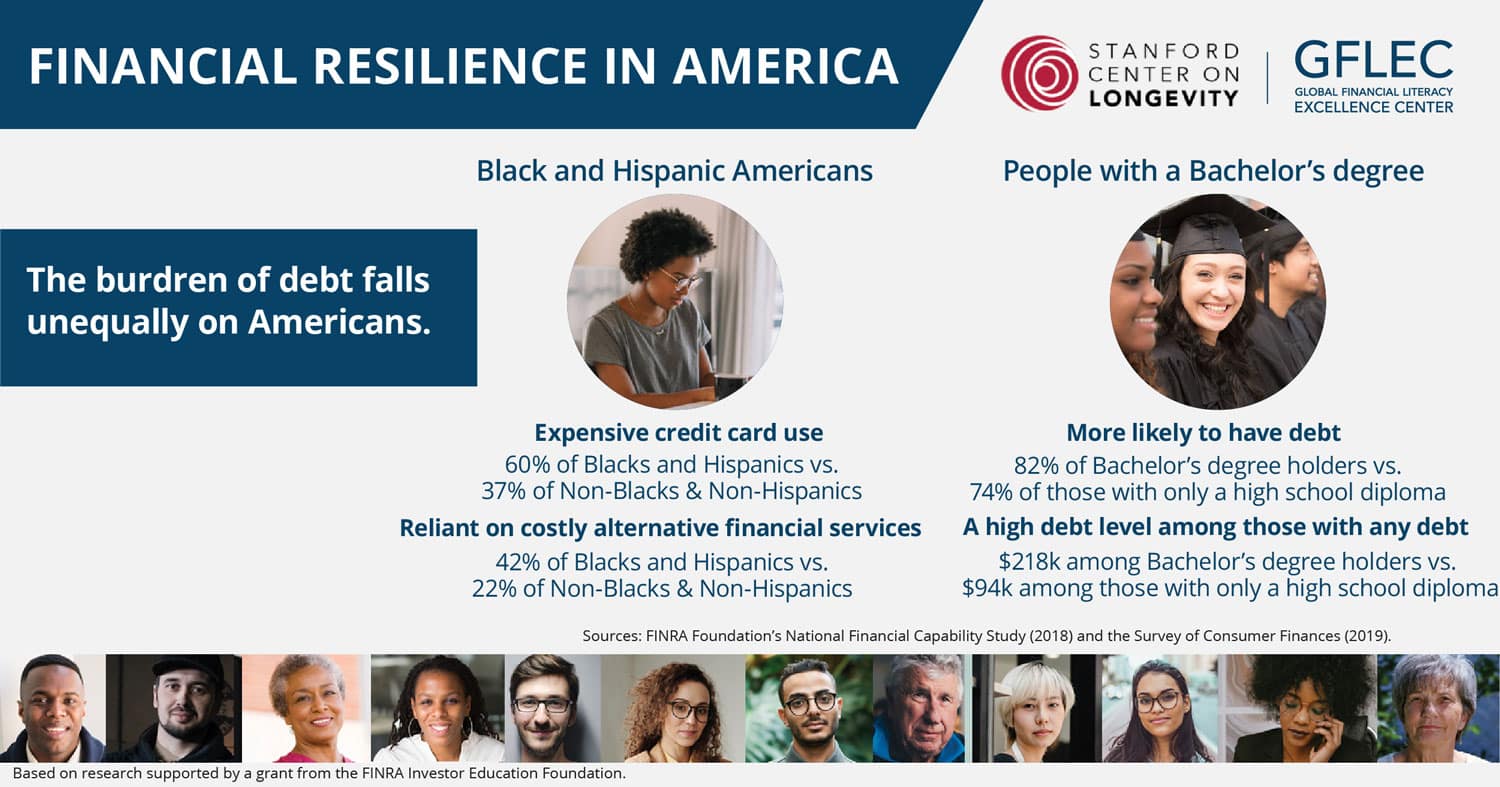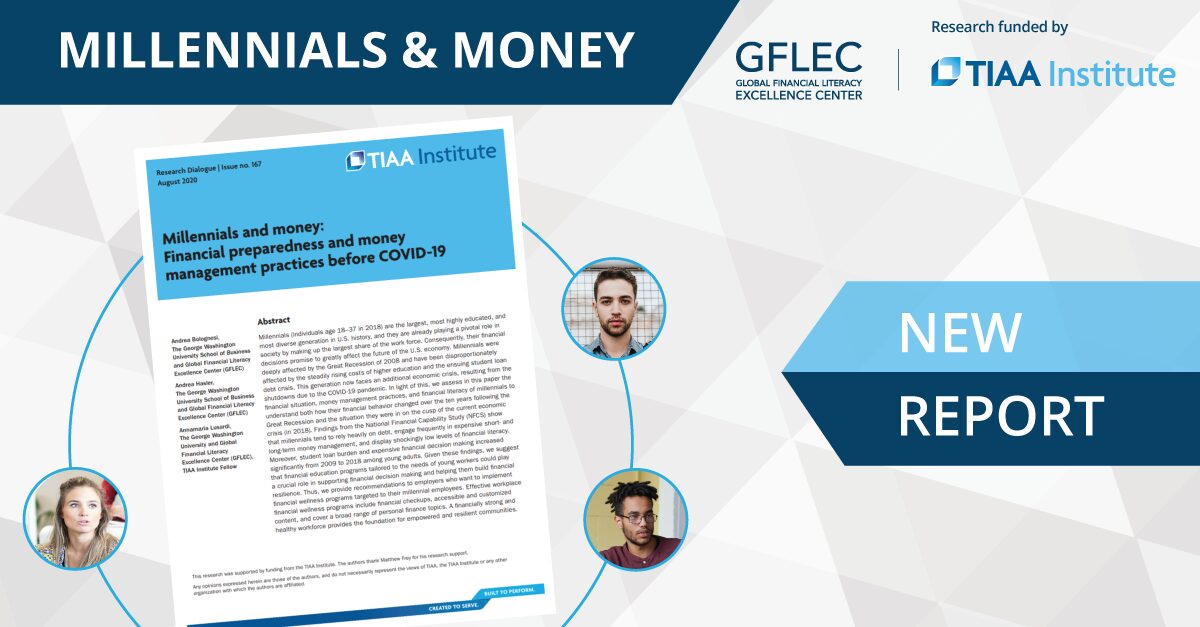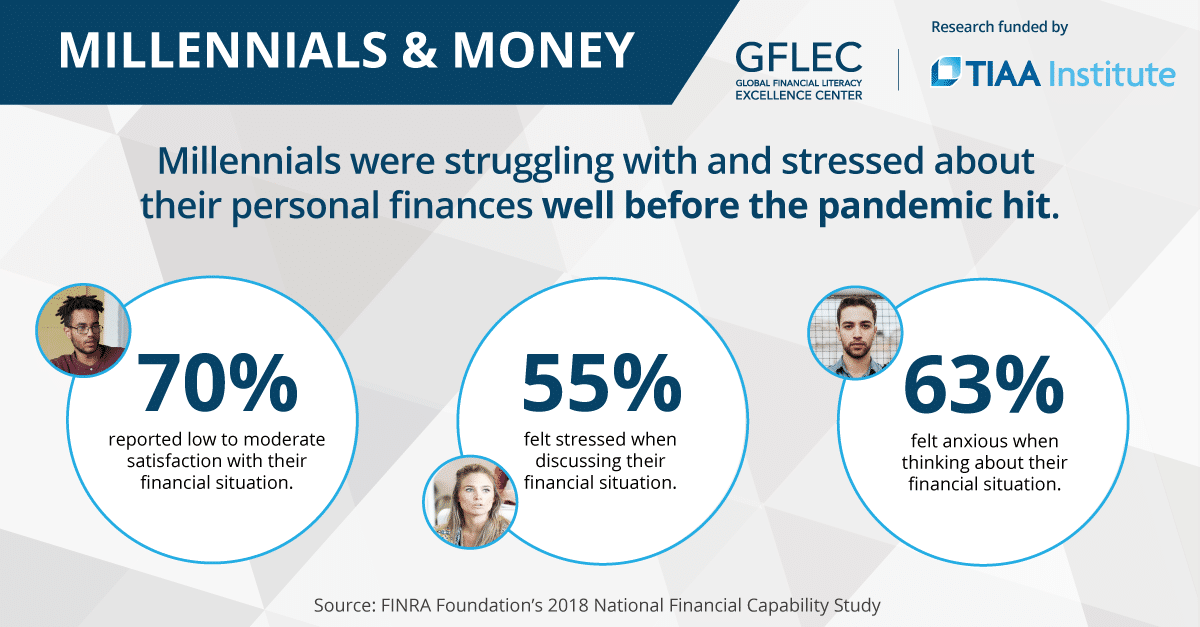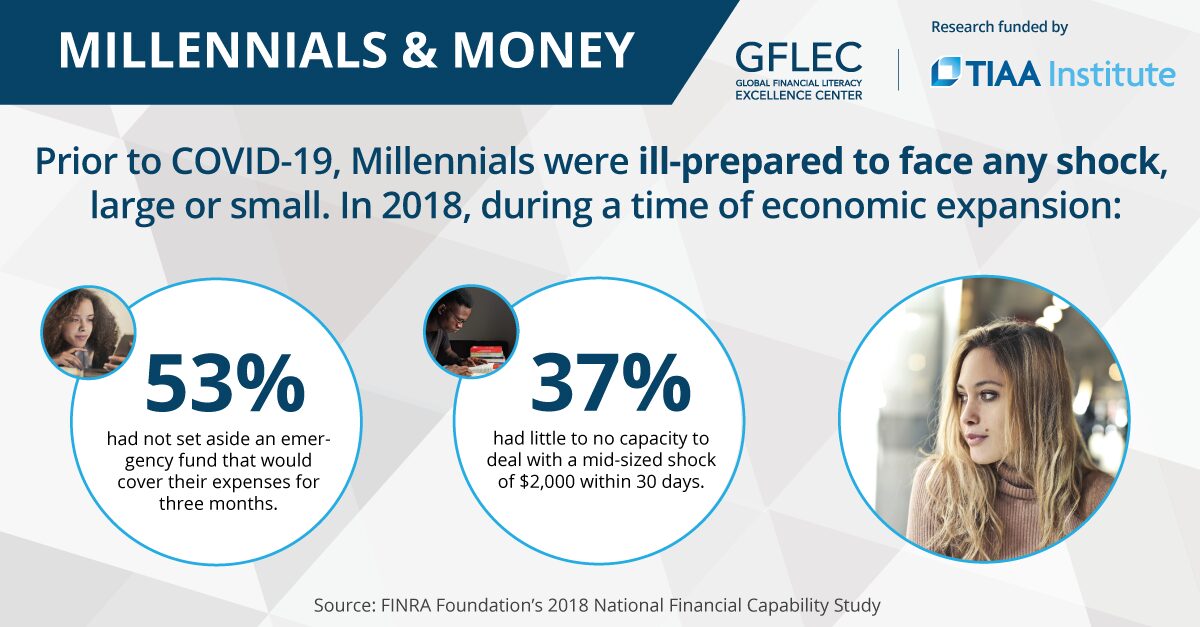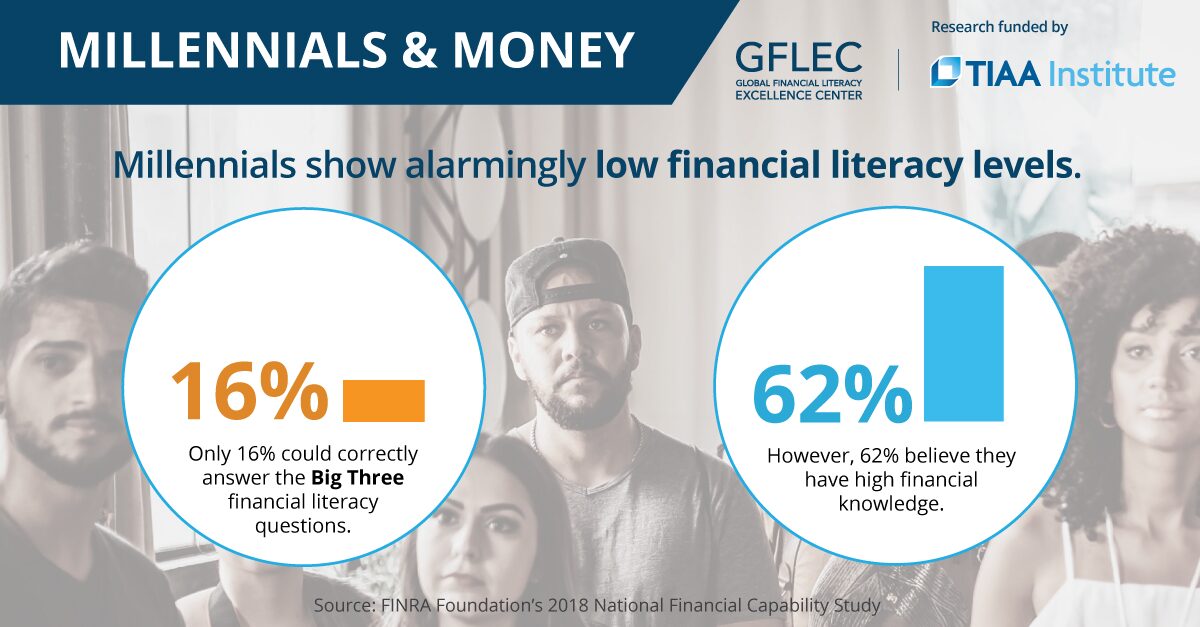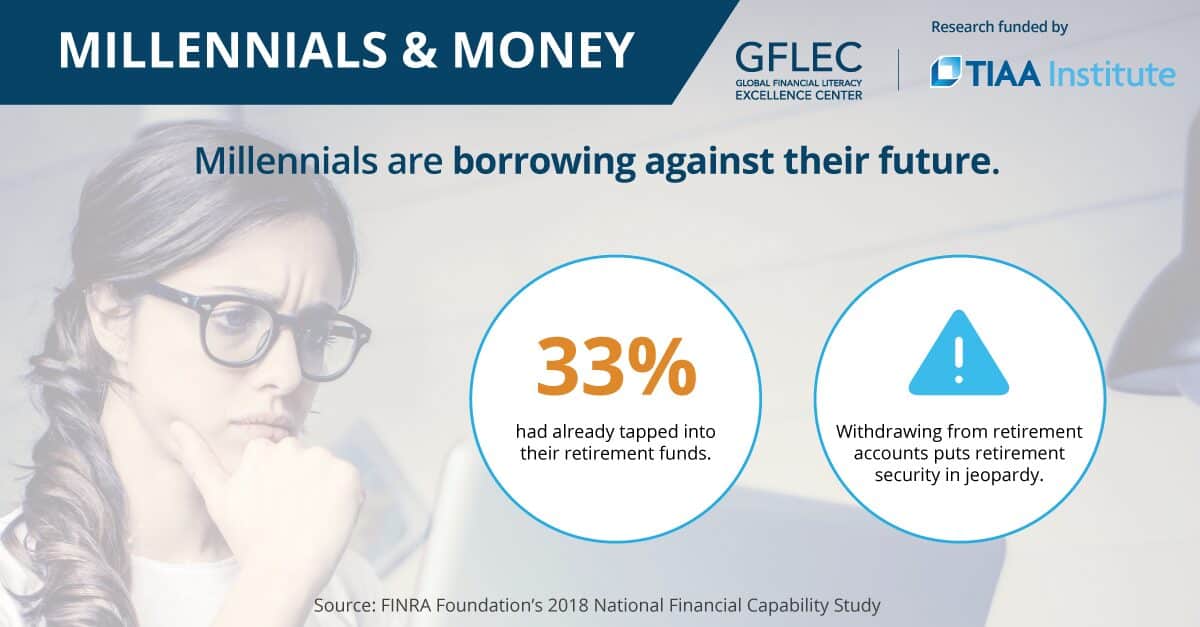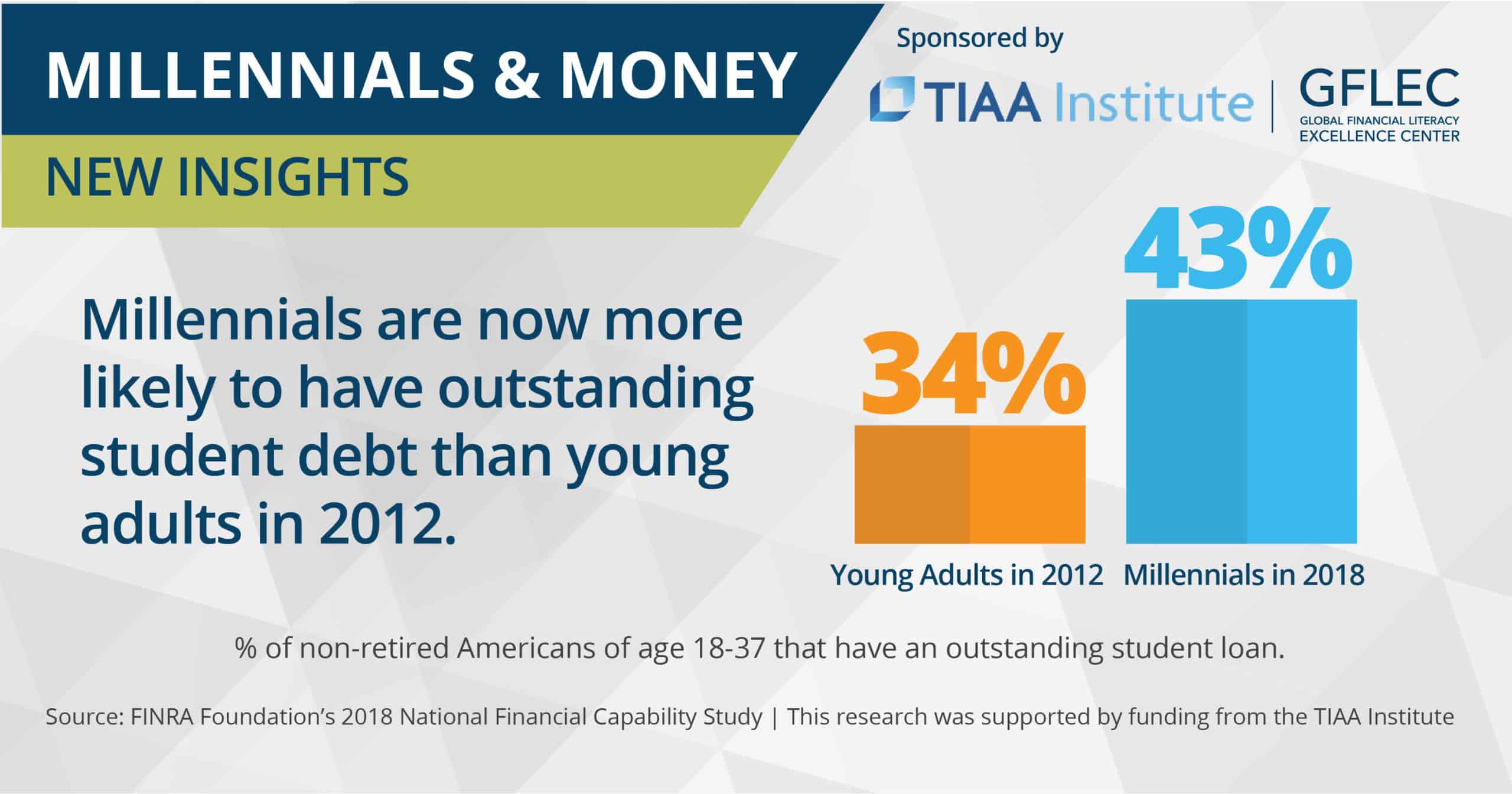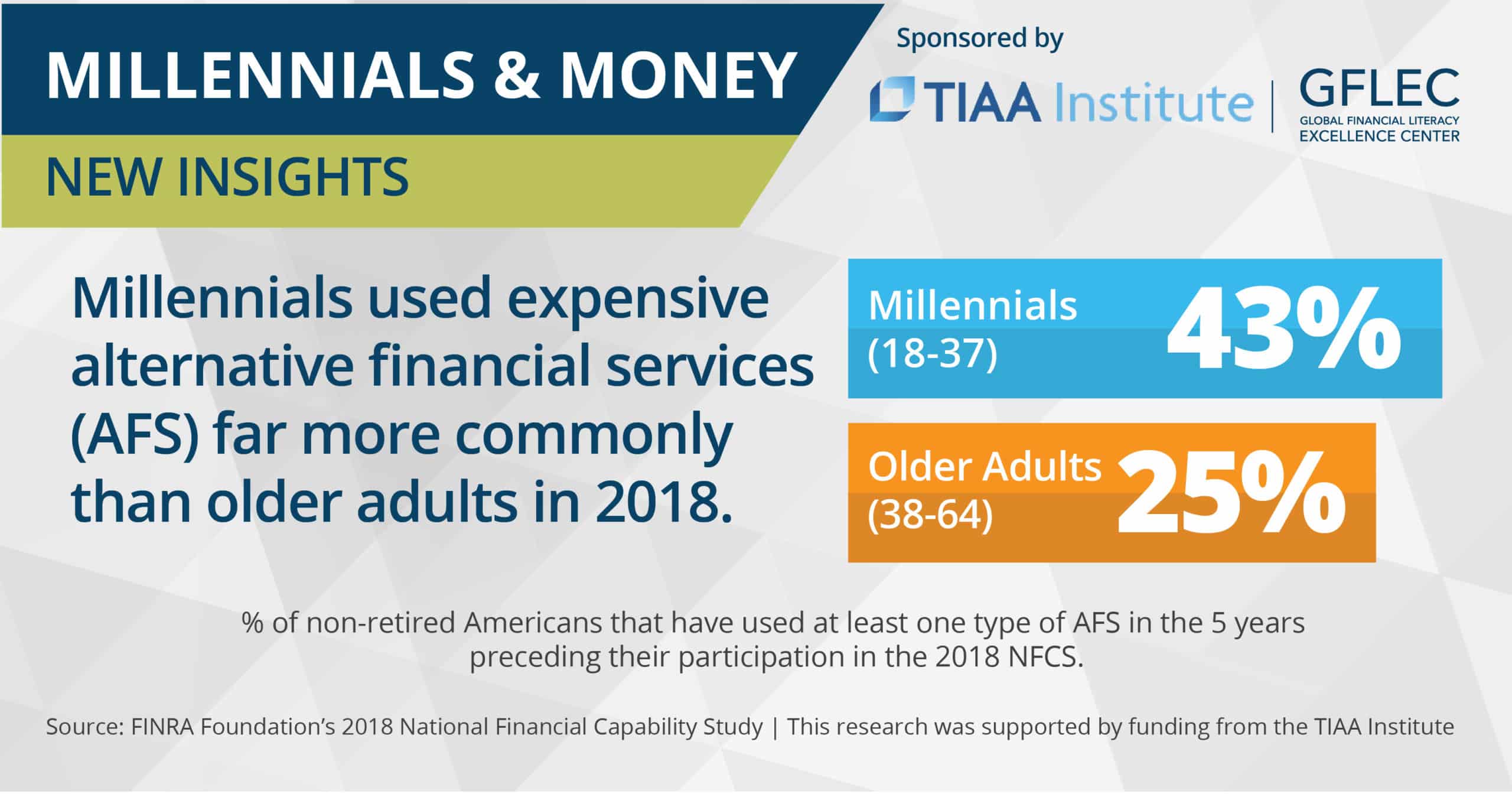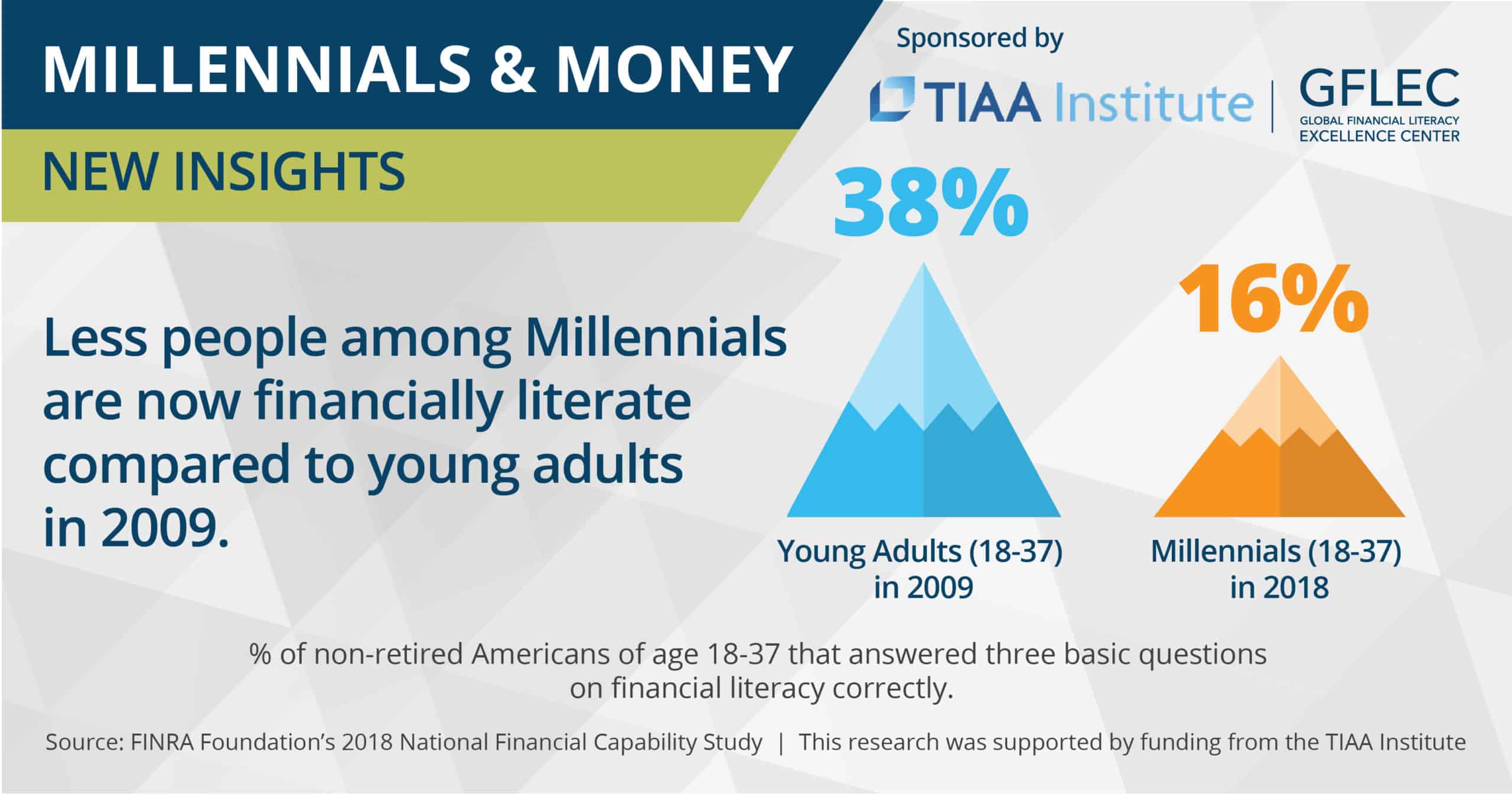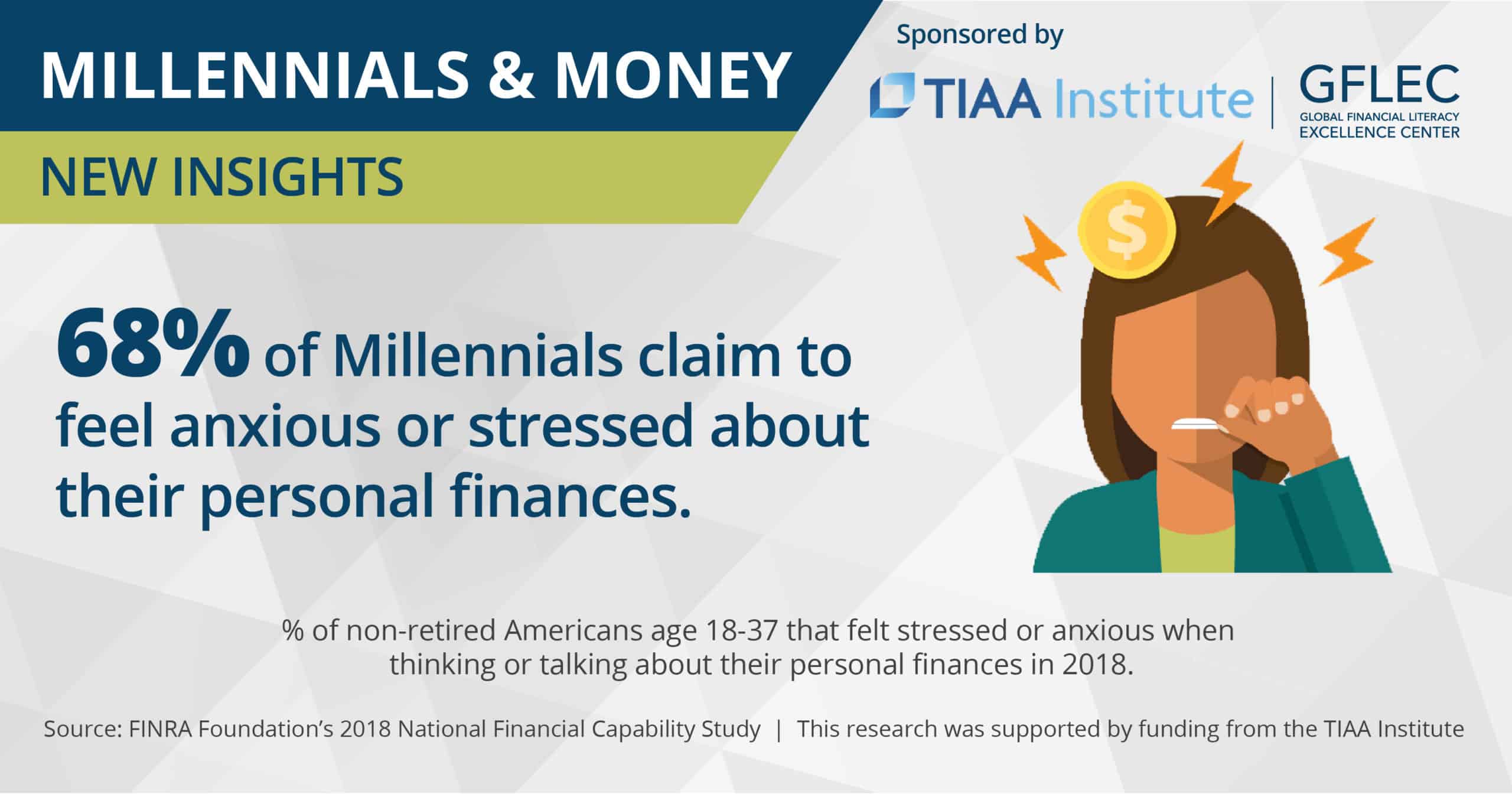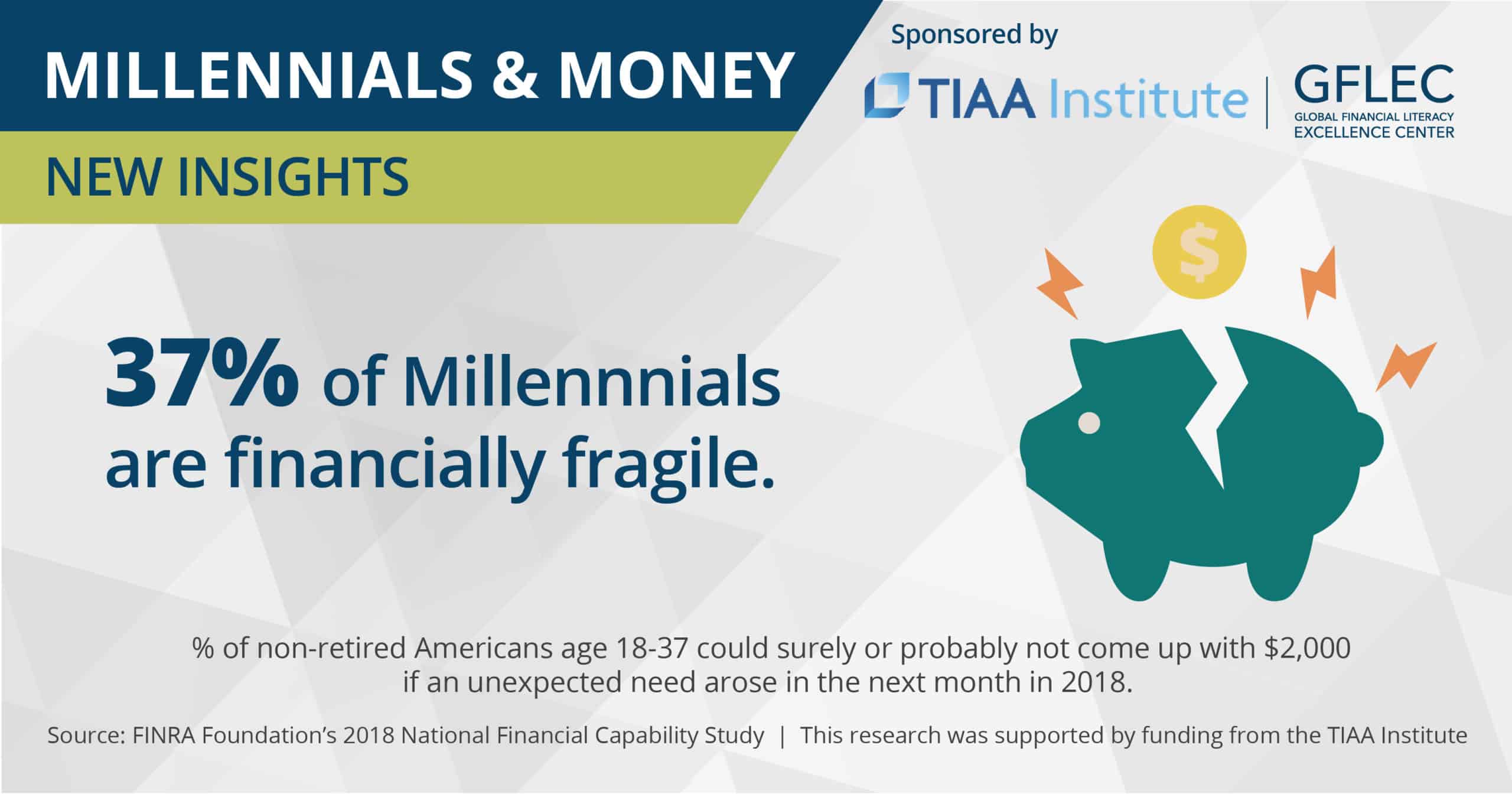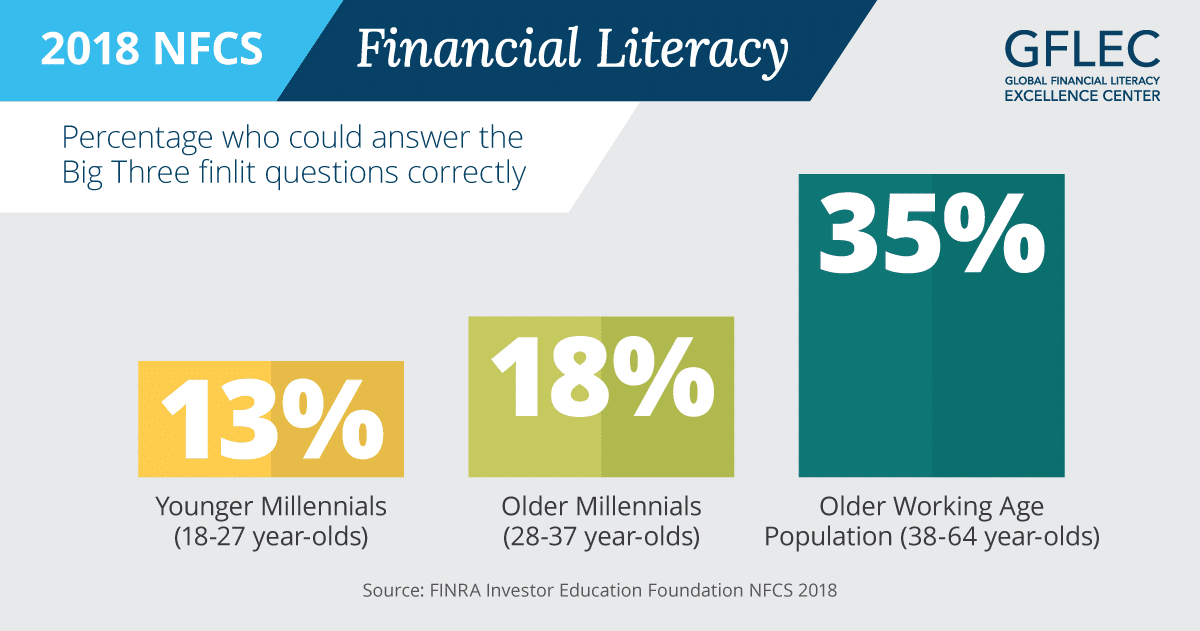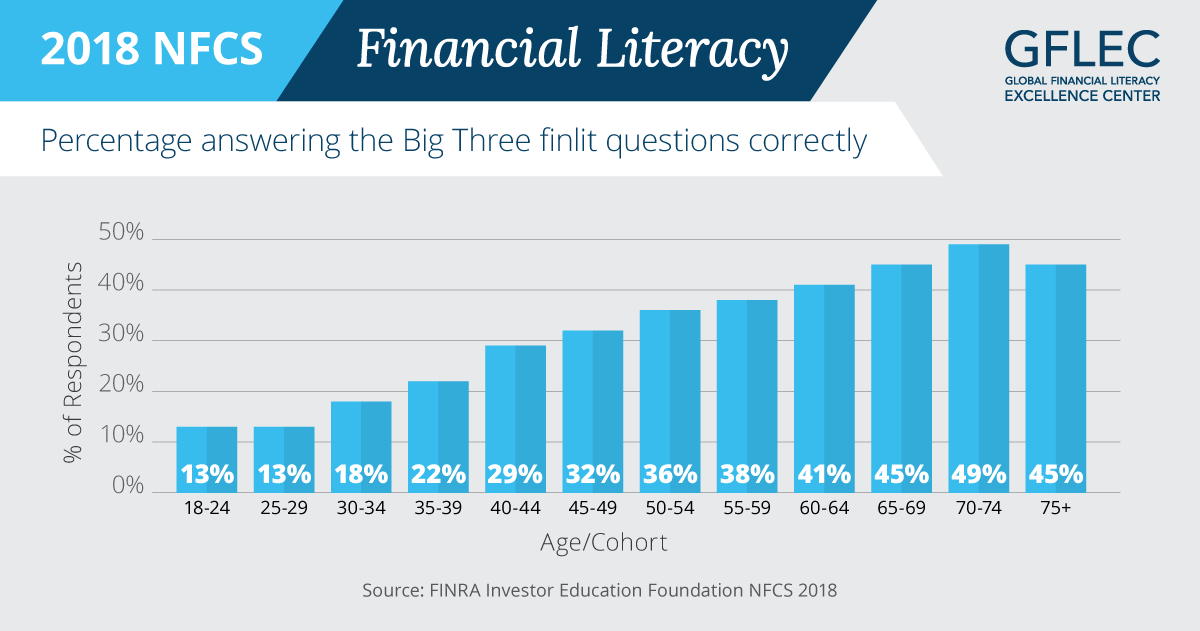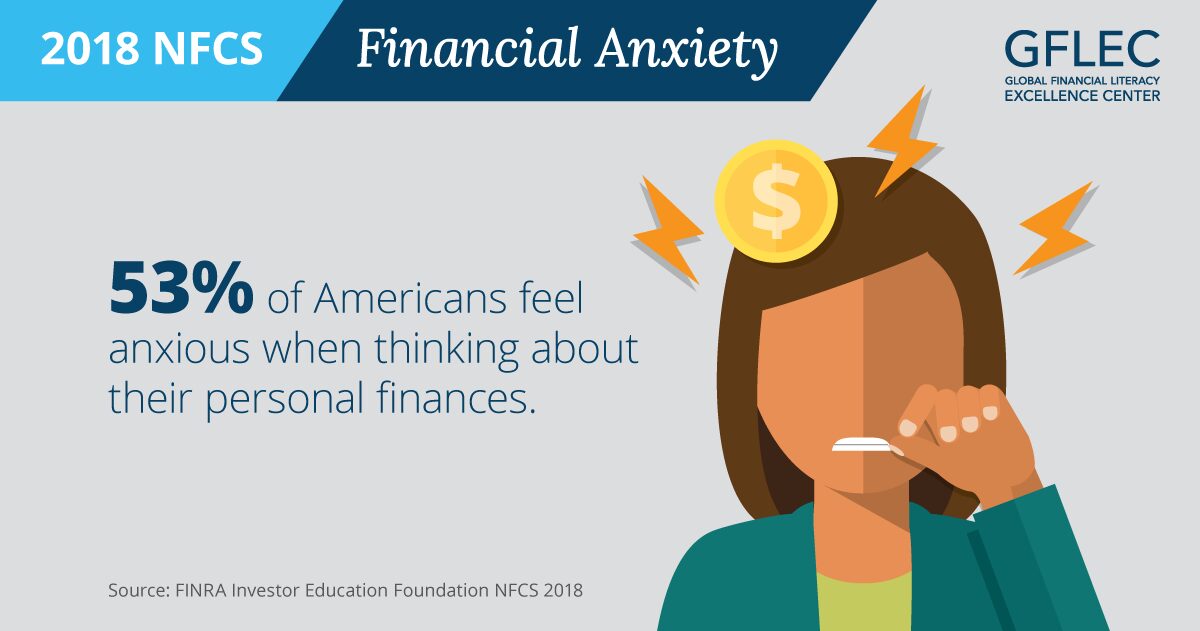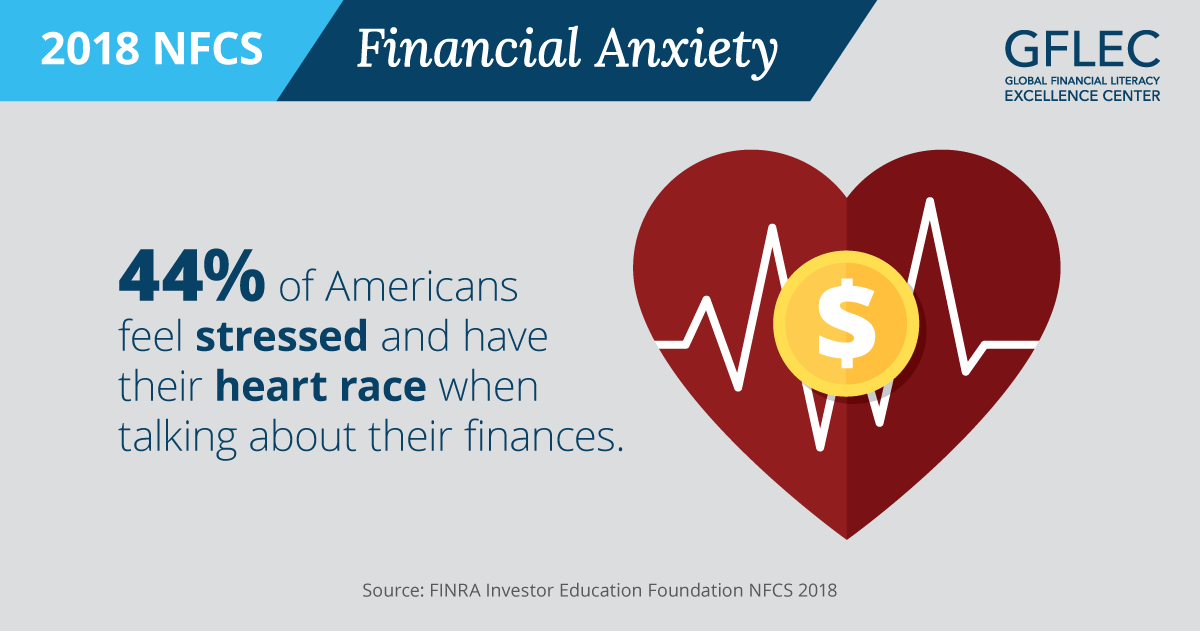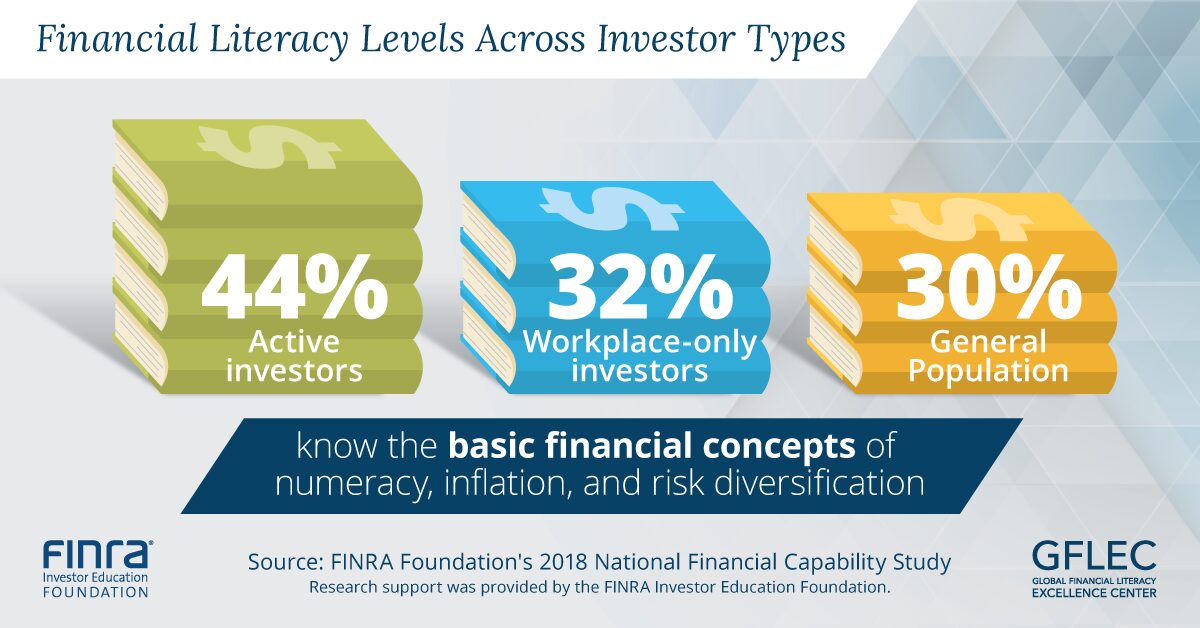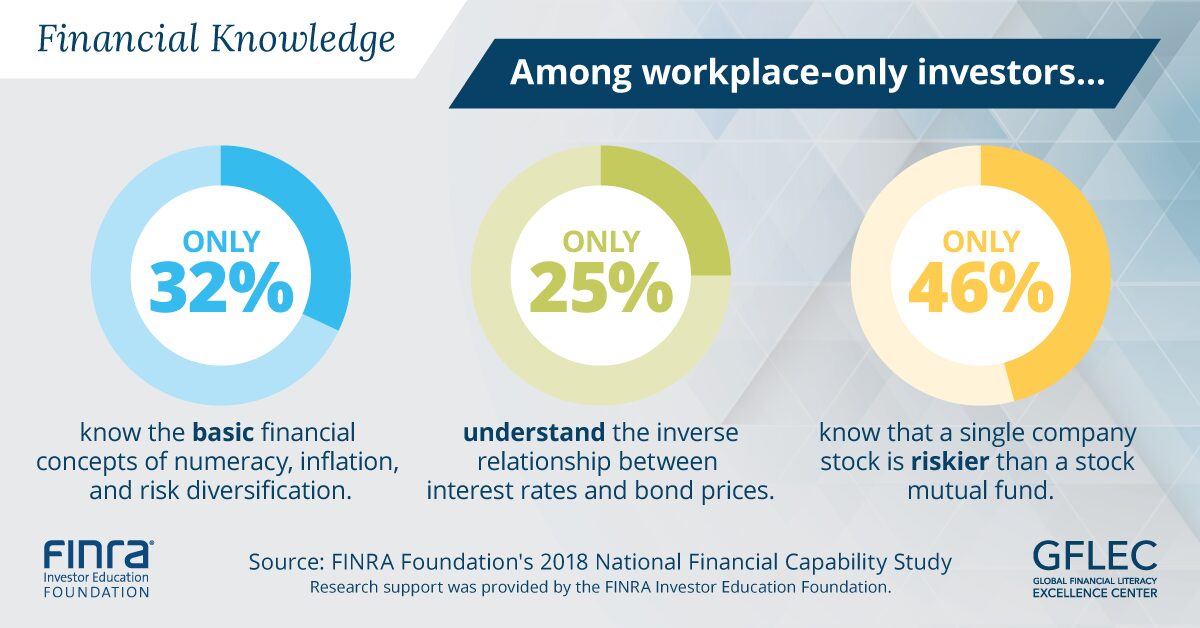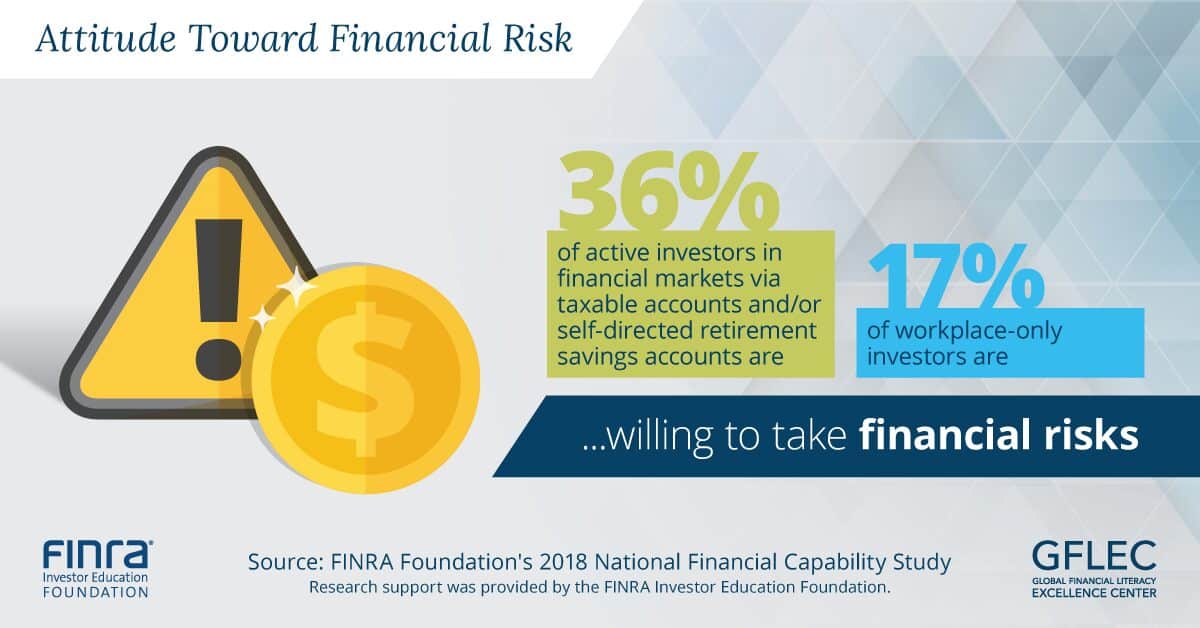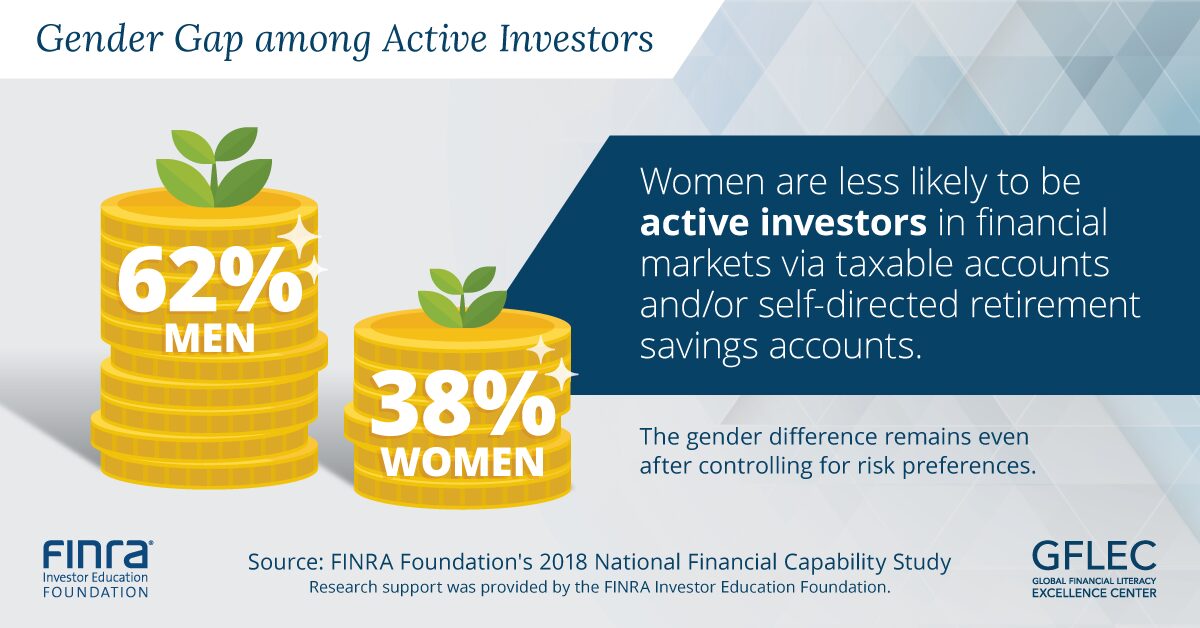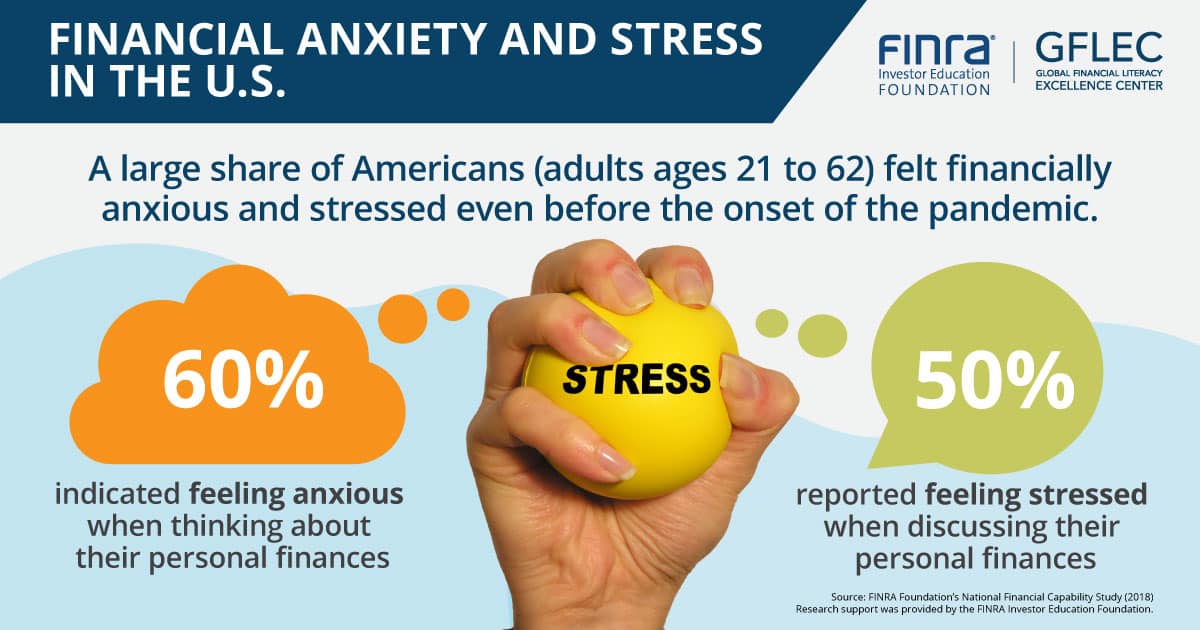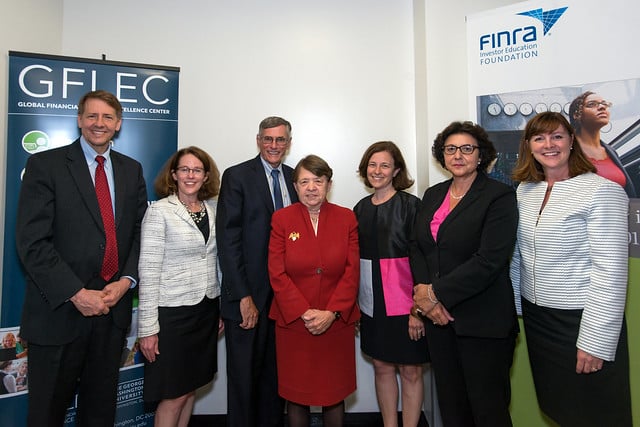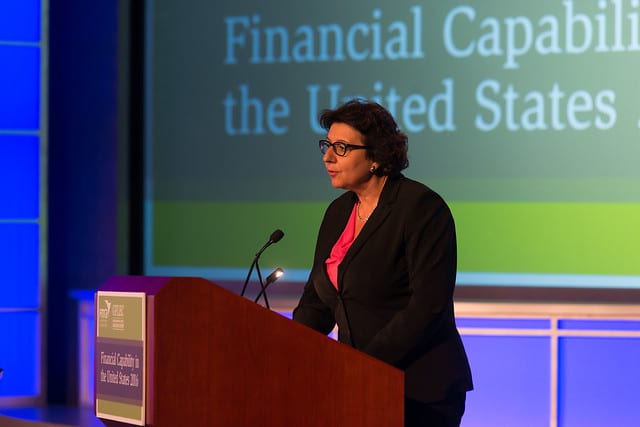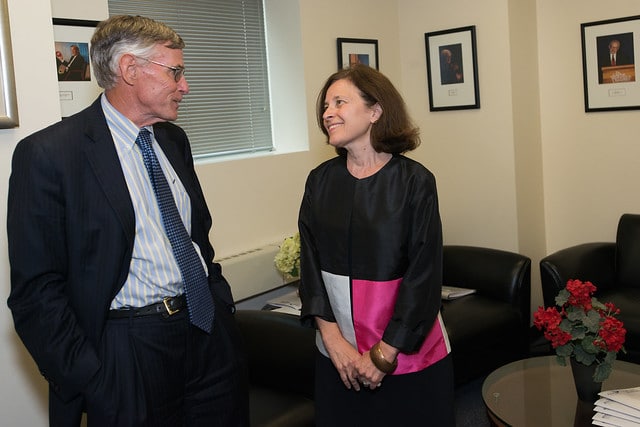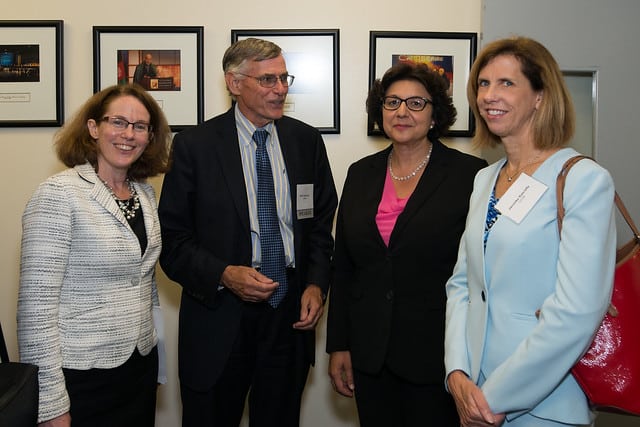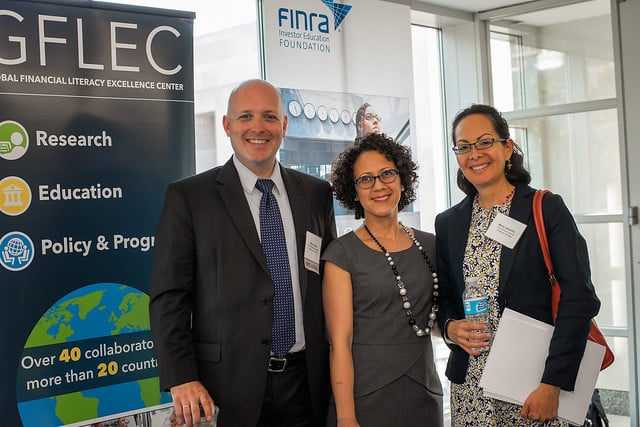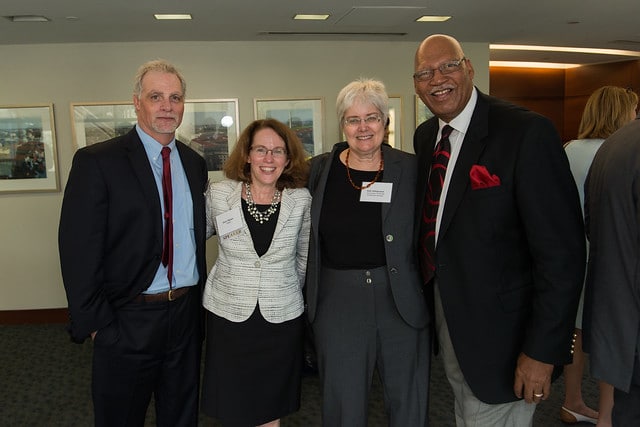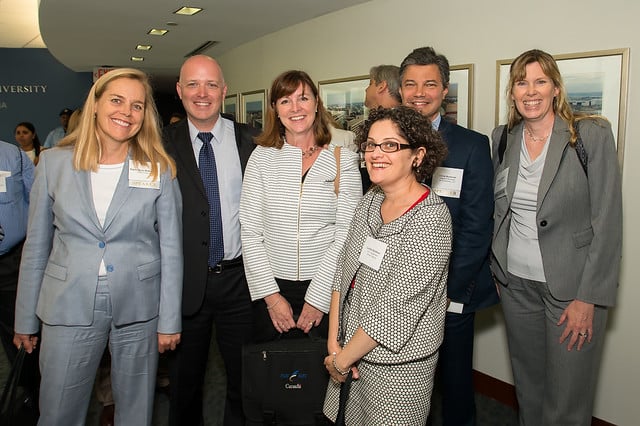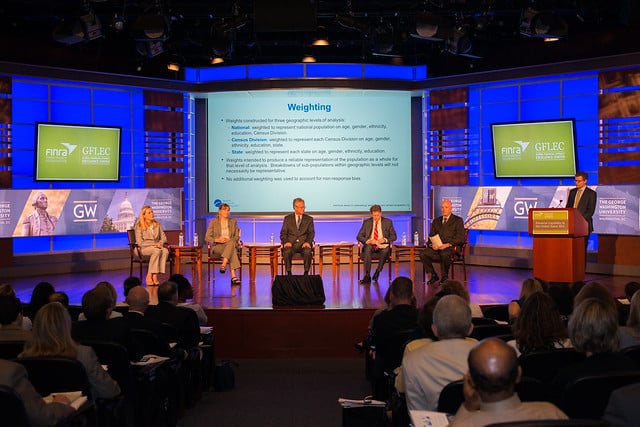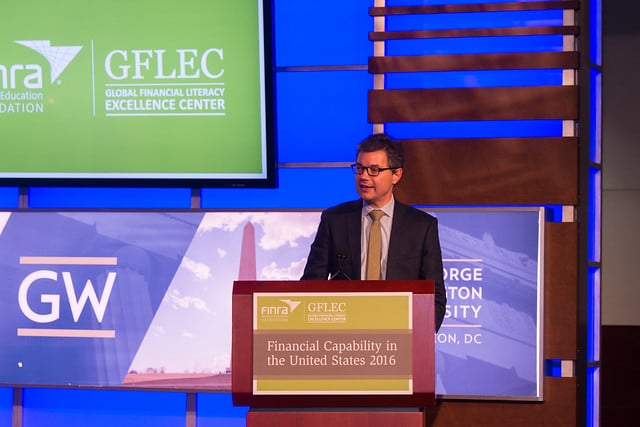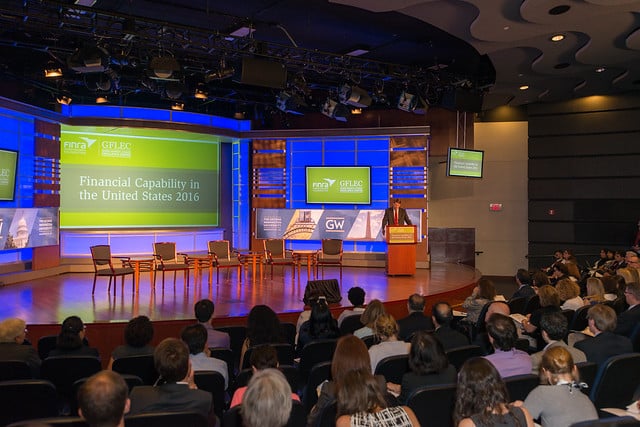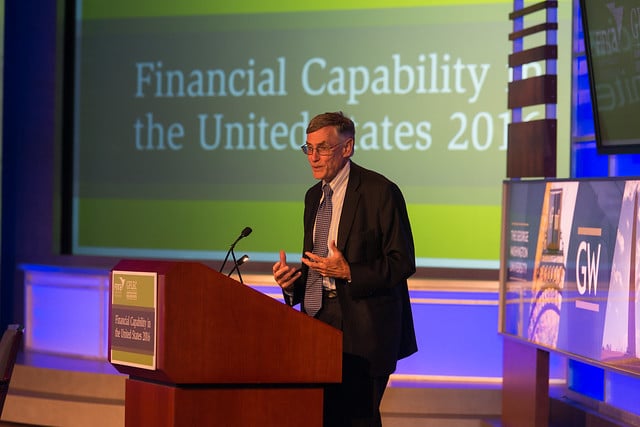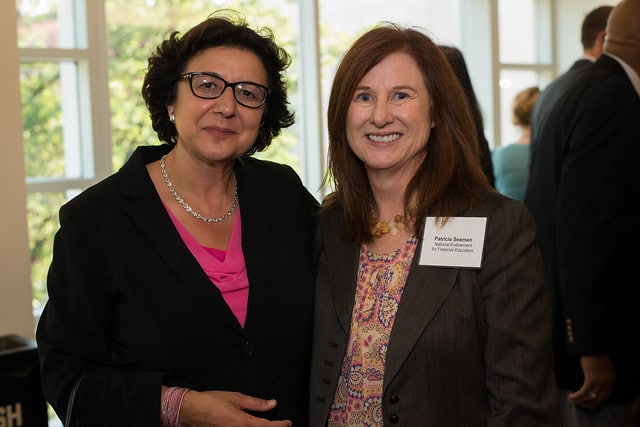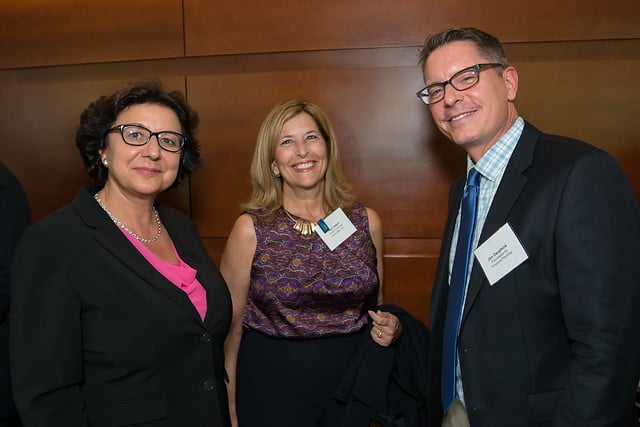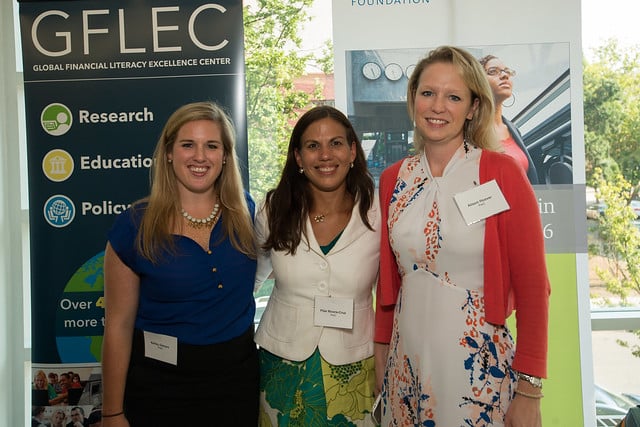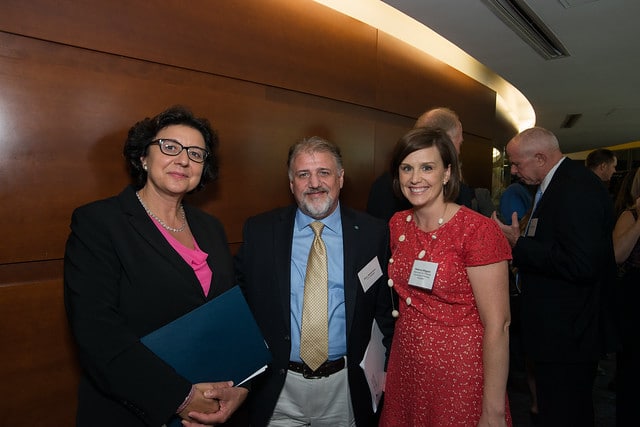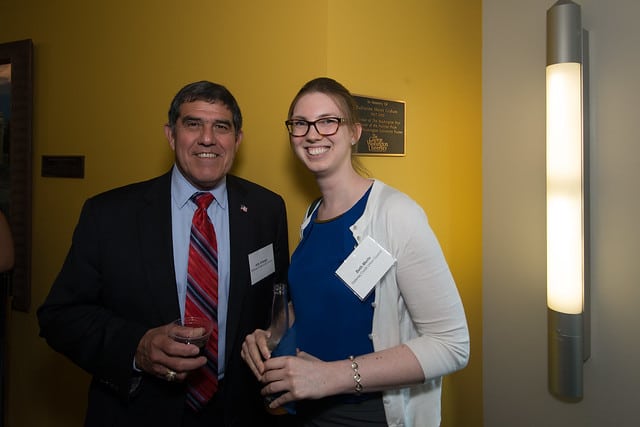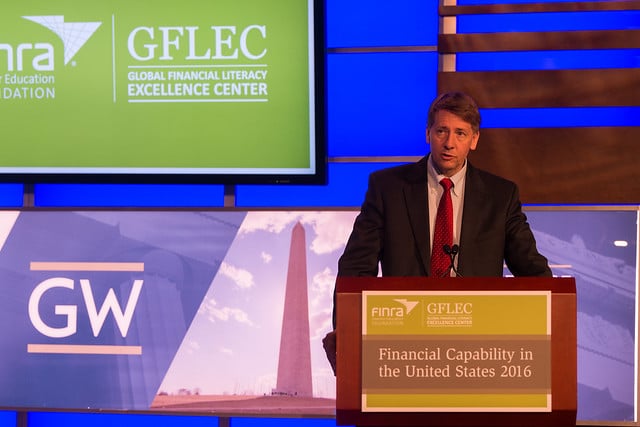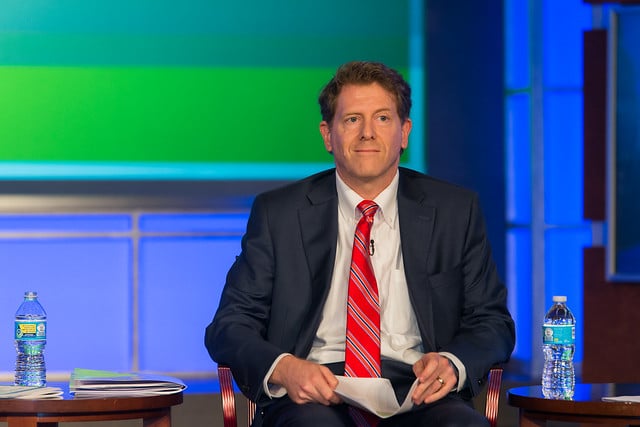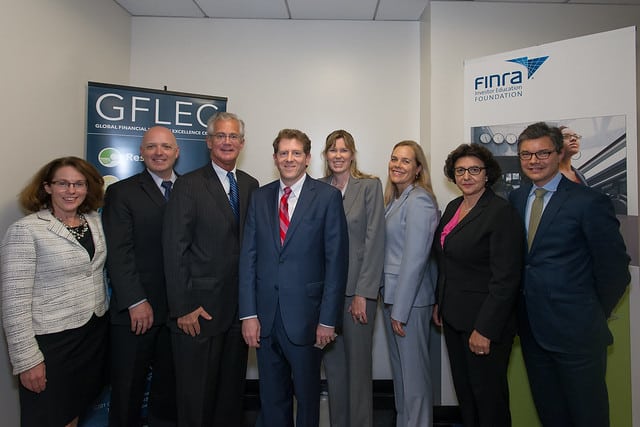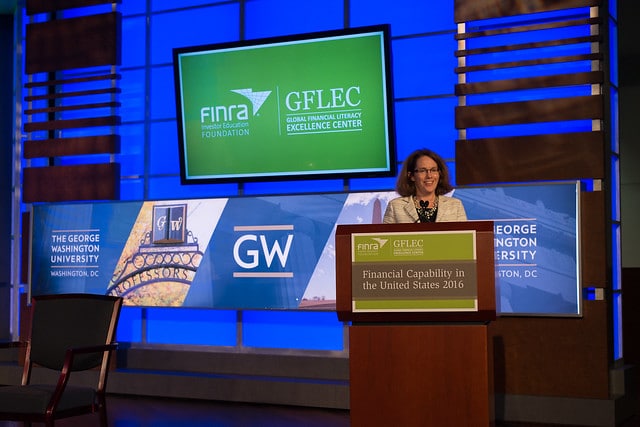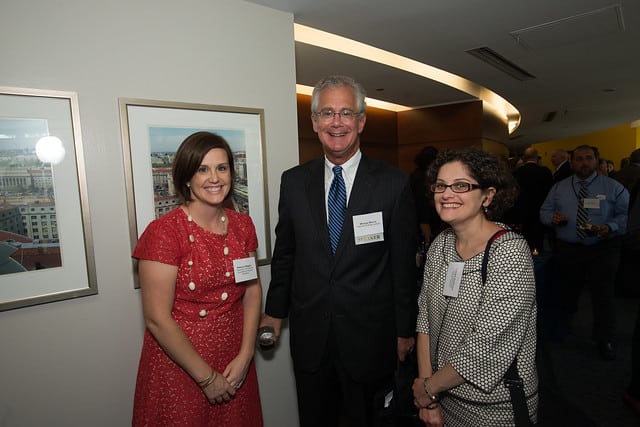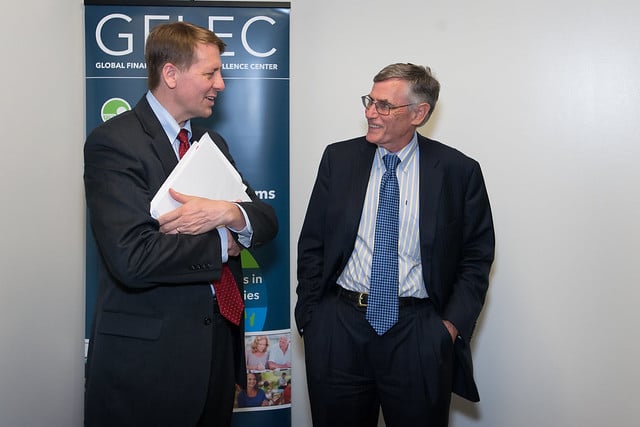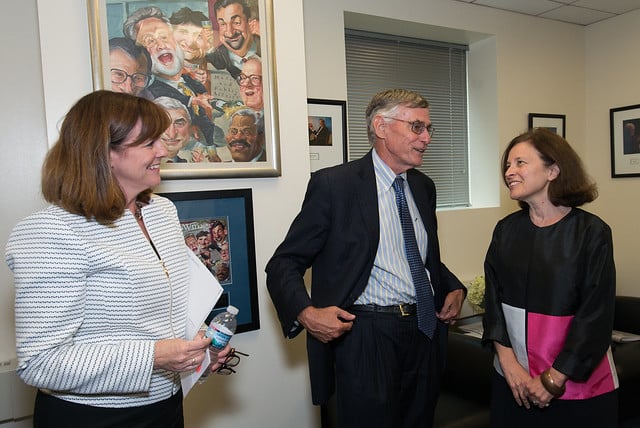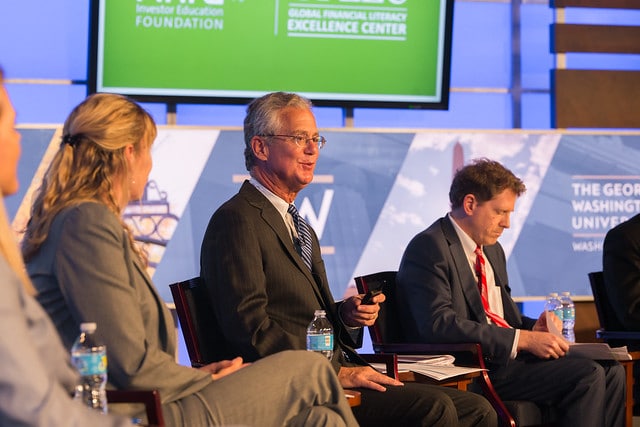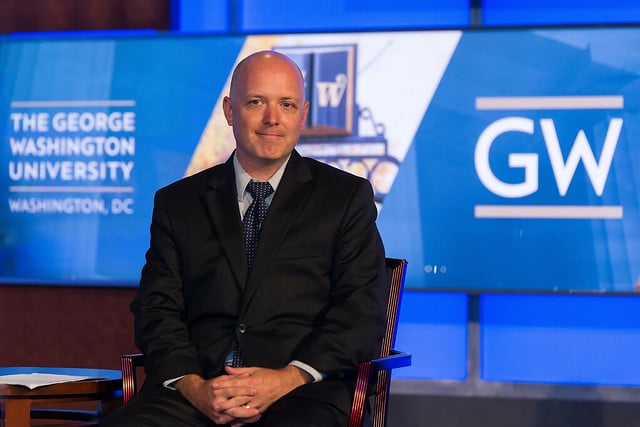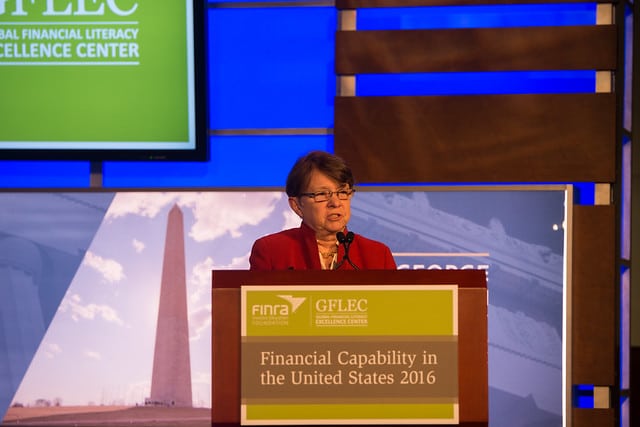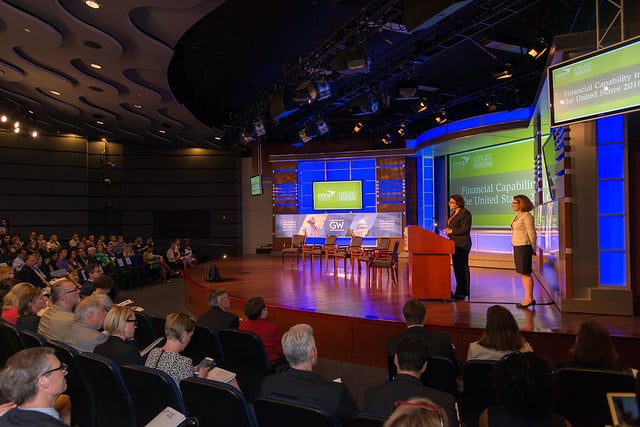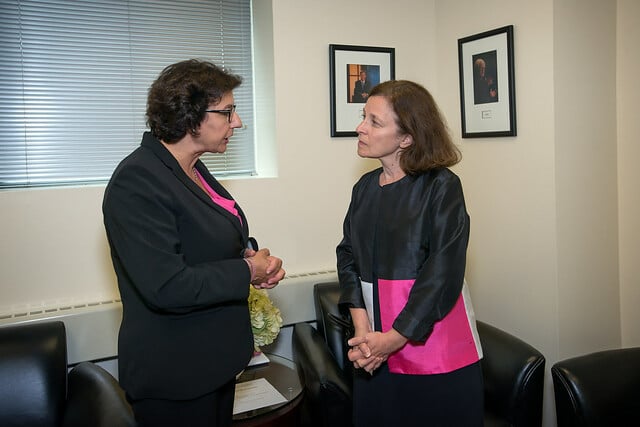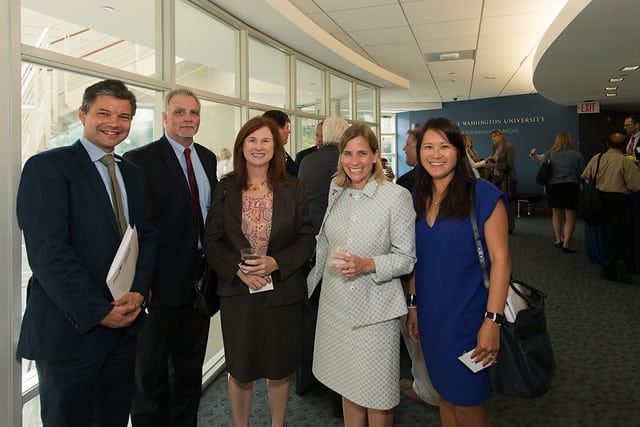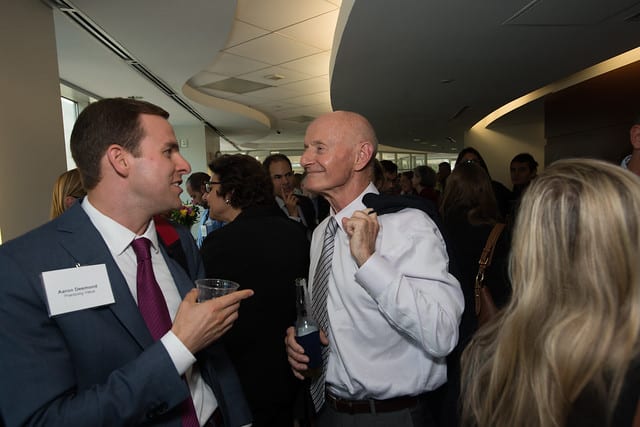What is the NFCS
The National Financial Capability Study (NFCS) is a large-scale, multi-year project that measures Americans’ financial capability. The FINRA Investor Education Foundation commissioned this national study in consultation with the U.S. Department of the Treasury and other federal agencies. The NFCS was first conducted in 2009 and then repeated every three years. It aims to benchmark key indicators of financial capability and evaluate how these indicators vary with underlying demographic, behavioral, attitudinal and financial literacy characteristics. In each wave, the study deepened the exploration of topics that are highly relevant today.
The NFCS provides information on Americans’ financial capability drawing from a sample of over 25,000 respondents. The large sample size allows researchers not only to study financial capability among the entire population, but also to slice the data in different ways to provide detailed studies on population subgroups.
The study assesses financial capability by looking at four key components:
![]()
Click Here for the 2018 Full Report of National Findings ➤
GFLEC has been involved with the NFCS study since its inception. Director Lusardi has been academic adviser to the FINRA Investor Education Foundation since the first wave of the study, assisting with the design of the survey instruments and co-authoring the reports. GFLEC and the FINRA Investor Education Foundation also co-hosted the release of the 2012 data and the release of the 2015 data at the George Washington University.
Partner with Us
Our expertise and experience with the NFCS data can give you unprecedented insights on the financial capability of population segments of interest to your organization. Our analyses will inform your programs and will help you develop targeted and effective solutions.
Working with GFLEC will position you to become a thought leader in financial capability. We collaborate with several major institutions in the United States and around the world to analyze the NFCS data. Our team can prepare reports, white papers, policy briefs, infographics, presentations, and other materials customized for your needs.

Work with GFLEC to
- Inform your programs
- Advise your policy and corporate decisions
- Compare data to national benchmarks
- Utilize evidence-based methods
- Become a thought leader in the area
- Create media attention
Supporters of our NFCS Research Include
- Filene Research Institute
- FINRA Investor Education Foundation
- National Endowment for Financial Education
- PwC
- TIAA Institute
Some of Our Work
GFLEC’s work on the NFCS started with the first wave of data released in 2009. Some of our research efforts have yielded important findings. You can find samples of our work in the links below.
Financial Anxiety and Stress |
Financial Anxiety and Stress Among U.S. Adults (Issue Brief) | September 2021
Financial Anxiety and Stress Among U.S. Households (Report) | April 2021
Financial Anxiety and Stress Among U.S. Households (Highlights) | April 2021

Financial Resilience |
Financial Resilience in America (Report) | August 2021
How to Strengthen Household Financial Resilience (Policy Brief) | August 2021

Financial Fragility |
Financial Fragility in the US: Evidence and Implications | April 2018
Working Paper | Policy Brief | Fact Sheet
The Financial Fragility of American Families | September 2013

Millennials/Gen Y |
Millennials and Money: Financial Preparedness and Money Management Practices Before COVID-19 | August 2020
Millennials and Money: The State of Their Financial Management and How Workplaces Can Help them | February 2020
Gen Y Personal Finances: A Crisis of Confidence and Capability | May 2014
Helping Gen Y Achieve Long-Term Financial Security | February 2014
Financial Literacy and Financial Behavior among Young Adults: Evidence and Implications | July 2013
Financial Literacy and Quantitative Reasoning in the High School and College Classroom | July 2013
Millennials and Financial Literacy – The Struggle with Personal Finance | 2016

Women |
Financial Well-being among Black and Hispanic Women (Report) | February 2021
Mind the Gap: Women, Men, and Investment Knowledge | March 2020
Older Women’s Labor Market Attachment, Retirement Planning, and Household Debt | August 2016
How Financially Literate are Women? An Overview and New Insights | February 2016
Working Women’s Financial Capability: An Analysis across Family Status and Career Stages | May 2014

Pre-Retirees and Retirees |
Americans’ Troubling Financial Capabilities: A Profile of Pre-Retirees | 2016
Debt and Debt Management among Older Adults | September 2013
Financial Literacy and Retirement Planning in the United States | October 2011


Blacks |
Financial Well-being among Black and Hispanic Women (Report) | February 2021

Others |
Financial Anxiety and Stress Among U.S. Households: New Evidence from the National Financial Capability Study and Focus Groups | April 2021
New Evidence on the Financial Knowledge and Characteristics of Investors | October 2019
Student Loan Debt in the US: An Analysis of the 2015 NFCS Data | November 2016
The Evolution of Consumer Debt Following the Great Recession | September 2016
Optimal Financial Knowledge and Wealth Inequality | September 2015
Financial Literacy and Economic Outcomes: Evidence and Policy Implications | Summer 2015
Financial Literacy: Do people know the ABCs of finance? | April 2015
Risk Literacy | March 2015
Financial Literacy Around the World (FLAT World) | May 2014
The Economic Importance of Financial Literacy: Theory and Evidence | March 2014
The Financial Fragility of American Families | September 2013
The Geography of Financial Literacy | July 2013
Testimony before the Subcommittee on Children and Families of the U.S. Senate Committee on Health, Education, Labor and Pension | April 2013
Financial Literacy and High-Cost Borrowing in the United States | January 2013
Media Highlights
Director Lusardi’s CNBC article about the 2018 data:
It’s Time for Colleges to Require Mandated Financial Literacy Courses
Director Lusardi’s Wall Street Journal blog posts about the 2015 data:
Here’s a Financial Question That Should Worry Everybody
Three Myths About Why People Don’t Plan for Retirement
So Much Student Debt, So Much Ignorance
She also co-authored a Forbes blog post with Gerri Walsh of FINRA Foundation on the findings of the 2015 NFCS:
“A Peek Into America’s Pocketbook Reveals Finances Are Improving Slowly, But Surely.”
Director Lusardi weighed in on PBS News Hour’s segment on savings in the middle class:

